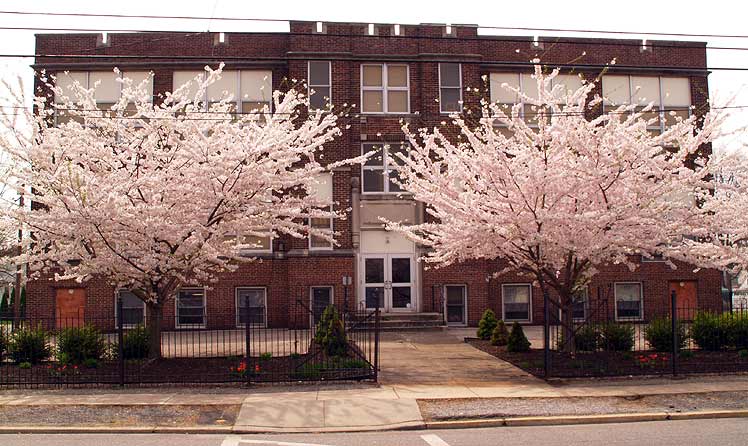Unbound
1838 · Fort Towson [Oklahoma]
by VOSE, Josiah H.
Fort Towson [Oklahoma], 1838. Unbound. Very Good. Autograph Letter Signed. Small quarto. 4pp., neatly written in ink on one folded sheet (bifolium) of wove paper. Datelined Fort Towson, April 8, 1838. Addressed on the final page to Vose’s sister at Boston, with a scarce Fort Towson postmark. Three-inch split along one mailing fold, several small and easily removable glassine tissue mends at some corner mailing folds and around the wax seal, one tear at the edge from the opening of the seal (not affecting the text), very good overall.
Vose arrived at Fort Towson as a major in Lt. Colonel Stephen Kearney’s battalion (3rd Infantry regiment), (truncated)
Vose arrived at Fort Towson as a major in Lt. Colonel Stephen Kearney’s battalion (3rd Infantry regiment), (truncated)








